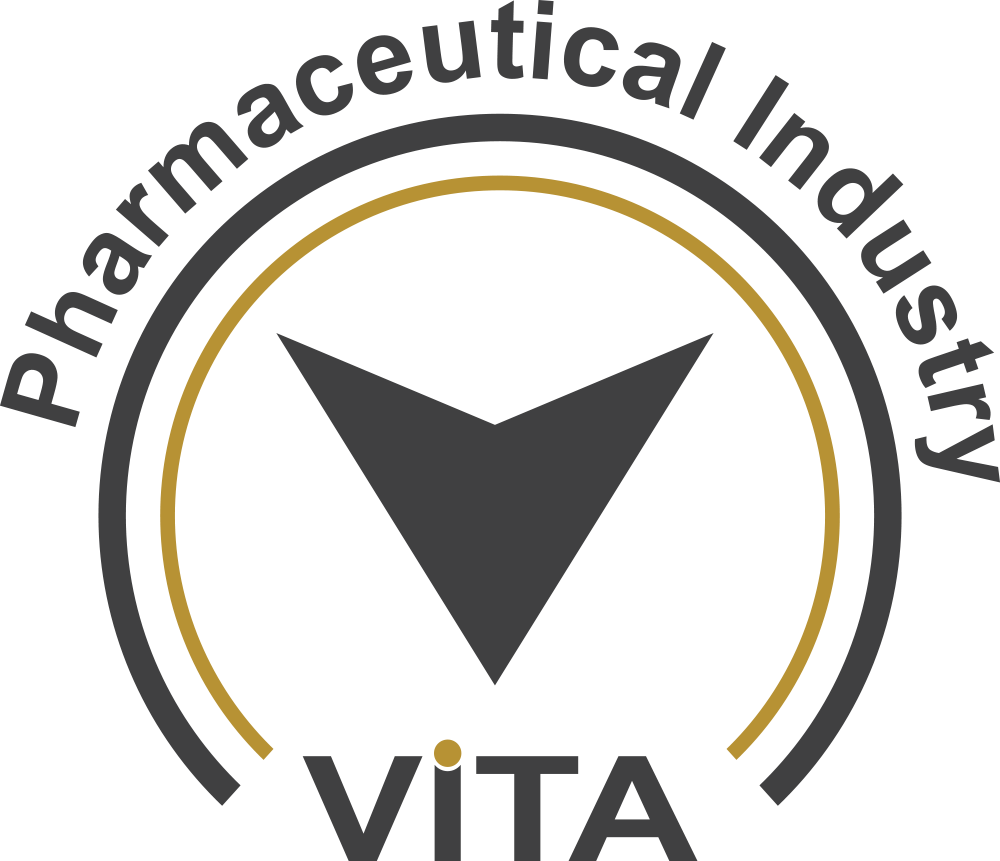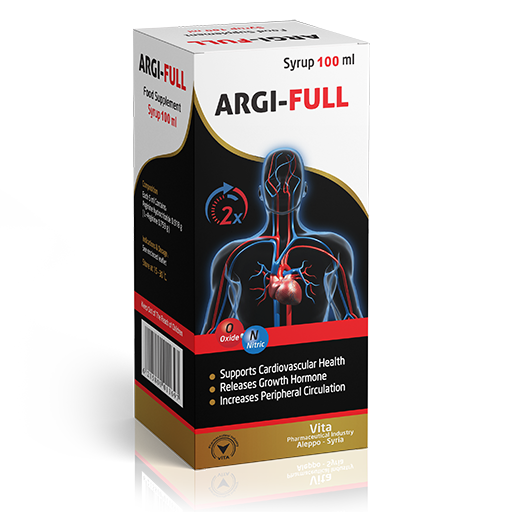Key to grades
- A Strong scientific evidence for this use
- B Good scientific evidence for this use
- C Unclear scientific evidence for this use
- D Fair scientific evidence against this use (it may not work)
- F Strong scientific evidence against this use (it likely does not work)
| Evidence grade | Condition to which grade level applies |
|---|---|
| A |
Growth hormone reserve test / pituitary disorder diagnosis (arginine hydrochloride)Arginine is sometimes injected into a vein to measure growth hormone levels in people being tested for growth hormone deficiencies, such as panhypopituitarism, gigantism, acromegaly, or pituitary adenoma. The U.S. Food and Drug Administration (FDA) has approved this use. |
| A |
Inborn errors of urea synthesisPeople with inborn errors of urea synthesis may have high ammonia levels in the blood and metabolic alkalosis. There is strong evidence supporting the use of arginine for this condition. Arginine should be avoided in people with high arginine levels in the blood. A qualified healthcare professional should supervise use. |
| B |
Heart diseaseThere is good scientific evidence that dietary supplementation with L-arginine may help people with coronary artery disease, angina, or clogged arteries, due to its effects on blood vessels. Larger, longer-term studies are needed to confirm these initial positive effects. |
| B |
Heart failureArginine has been studied in people with heart failure. Longer-term studies are required to confirm the clinical benefit of L-arginine supplementation in people with heart disease. |
| B |
Peripheral vascular disease / claudicationPeripheral vascular disease, also known as intermittent claudication, is a narrowing of blood vessels in the legs and feet caused by fatty deposits. This condition causes decreased blood flow to the legs and feet, resulting in leg pain and tiredness. A small number of studies report that arginine therapy may improve walking distance in people with claudication. Further research is needed. |
| C |
Adrenoleukodystrophy (ALD)Adrenoleukodystrophy (ALD) is a rare inherited metabolic disorder that involves damage to the nerves in the brain and the adrenal glands. This condition results in dementia and adrenal failure. Arginine injections may help manage this disorder; however, most study results are inconclusive. Further research is needed to evaluate the use of arginine in ALD. |
| C |
Altitude sicknessLimited research has examined the effect of L-arginine on altitude sickness symptoms. Larger, well-designed trials are required before conclusions can be made. |
| C |
Anal fissuresEarly research suggests that arginine helps heal chronic anal fissures, which are small tears that develop in the anus. Additional studies are needed. |
| C |
AnxietyIn limited research, the combination of L-lysine and L-arginine reduced symptoms of anxiety. The effect of L-arginine alone is unknown. Additional research is needed in this area. |
| C |
Autonomic failureArginine has been studied for treating autonomic failure, a condition that may include low blood pressure. Its effect is unclear. Well-designed studies are needed. |
| C |
Birth outcomesThe effect of L-arginine on birth outcomes has been studied. Additional research is needed before conclusions can be made. |
| C |
Blood flow enhancementIn limited research, L-arginine increased blood flow. Because of conflicting results from one study, additional research is needed. |
| C |
Breast cancerThe therapeutic effect of arginine on breast cancer is unclear. Results from early human studies are mixed. High-quality studies are needed. |
| C |
BurnsArginine may improve immune function and protein function in burns . Further research is needed before a conclusion can be drawn. |
| C |
Cachexia (weight loss and muscle-wasting)A combination of beta-hydroxyl beta-methyl butyrate, glutamine, and arginine has been tested in people with cachexia associated with cancer, but conclusions could not be drawn. Further research is needed. |
| C |
ChemotherapyEarly human studies suggest that arginine supplements may benefit people undergoing chemotherapy. Larger, high-quality studies are needed. |
| C |
Chest painLimited human research reported that arginine taken by mouth improved chest pain in people with esophagus problems. Large, well-designed studies are needed. |
| C |
Cognitive functionIn early research, L-arginine increased cognitive function in elderly people with cerebrovascular disease (problems with blood vessels in the brain). Better-designed studies are needed. |
| C |
Critical illnessThe impact of L-arginine supplementation on critical illness is unclear. Further research is needed. |
| C |
Cyclosporine toxicityResults of early studies of the effect of L-arginine on cyclosporine toxicity in renal transplant are mixed. Additional research is needed in this area. |
| C |
Dental conditionsIn early research, arginine-containing toothpaste has reduced tooth sensitivity. An arginine-containing product was also effective in reducing dental caries. Additional research is needed to confirm these effects. |
| C |
Diabetes (type 2)The effect of L-arginine on type 2 diabetes has been investigated. Large, well-designed studies are needed to understand the effect of arginine on type 2 diabetes. |
| C |
Diabetic complicationsEarly research indicates that L-arginine may play a role in reducing complications associated with diabetes. However, further research is required before conclusions can be made. |
| C |
Erectile dysfunctionEarly studies showed that arginine supplements helped treat erectile dysfunction (ED) in men with low nitrate or nitrite levels in their blood or urine. A combination of L-arginine, glutamate, and yohimbine hydrochloride was used to treat ED. However, because a combination product was used, and yohimbine hydrochloride is an FDA-approved therapy for this condition, the effects of arginine are unknown. More research is needed with arginine alone. |
| C |
Exercise performanceDespite common use by athletes, the effect of arginine for exercise performance enhancement has not been studied extensively. Well-designed studies investigating arginine alone are needed before conclusions can be made. |
| C |
Fetal developmentPreliminary research of pregnant mothers suggests that arginine supplements improve growth in smaller-than-average fetuses. Additional studies are needed. |
| C |
Gastrointestinal cancer surgeryA combination of arginine, RNA, and omega-3 fatty acids may reduce the length of hospital stay and infections after surgery for gastrointestinal cancer. More research with arginine alone is needed. |
| C |
Heart protection during coronary artery bypass grafting (CABG)An arginine-supplemented blood solution used during surgery may help protect the heart in people undergoing coronary artery bypass grafting. Further research is needed before a firm conclusion can be drawn. |
| C |
High blood pressureEarly research reported that arginine taken by mouth reduced blood pressure in people with high blood pressure. Larger, high-quality studies are needed before a conclusion can be made. |
| C |
High cholesterolSome research suggests that arginine may help treat high cholesterol. However, results are conflicting and more research is needed. |
| C |
Immune functionL-arginine has immune effects in people undergoing surgery for colorectal cancer and in children with airway infections. In HIV, L-arginine in combination with omega-3 fatty acids and a nutritional supplement had no additional effects on immune response over a nutritional supplement alone. Additional well-designed research is needed. |
| C |
InfertilityLimited research has investigated the effect of L-arginine on male and female infertility. Further research is required before conclusions can be made. |
| C |
MELAS syndromeEarly studies found that supplementation with L-arginine significantly improved endothelial function in people with MELAS syndrome (mitochondrial myopathy, encephalopathy, lactic acidosis, and stroke). Further research is needed in this area. |
| C |
Metabolic disordersLimited research suggests that L-arginine may decrease symptoms associated with creatine deficiency syndromes. Further research is required before conclusions can be drawn. |
| C |
Polycystic ovarian syndromeIn early research, treatment with N-acetyl cysteine (NAC) and L-arginine restored some function in people with polycystic ovary syndrome. Further research is required before conclusions can be drawn. |
| C |
Pre-eclampsia (high blood pressure in pregnancy)Effects of L-arginine in women with pre-eclampsia are mixed. Longer-term treatment appeared to be more effective than short-term treatment. Further research is needed before a conclusion can be made. |
| C |
Pressure ulcersStudies of arginine for pressure ulcers show mixed results. Further research is needed before a conclusion can be drawn. |
| C |
Prevention of restenosis after coronary angioplasty (PTCA)Injection of L-arginine into surgically placed stents was investigated with mixed results. Early research suggested that L-arginine may or may not prevent restenosis (narrowing) in the arteries. Further well-designed studies are required. |
| C |
Raynaud’s phenomenonEarly research in humans investigated the effect of arginine on blood vessel activity in Raynaud’s phenomenon, a condition causing the blood vessels in the fingers, toes, nose, and ears to narrow in response to cold temperatures or stress. However, the effects of arginine are unclear. Large, well-designed trials are needed. |
| C |
Recovery after surgeryIn early research, arginine combined with other supplements helped recovery after surgery. However, the role of arginine alone is unclear. More research is needed in this area. |
| C |
Respiratory infectionsEarly research suggests that arginine supplements may decrease the risk of respiratory (lung) infections. Large, well-controlled studies are needed to clarify this relationship. |
| C |
SclerodermaIn early research, L-arginine may be useful for pregnant women with scleroderma (buildup of scar tissue in the skin). Further research is needed in this area. |
| C |
Sickle cell anemiaClinical studies investigating the effects of L-arginine on sickle cell anemia are limited. Early research suggests the potential for immune benefits. Further research is needed in this field. |
| C |
TransplantsIn human research, L-arginine improved kidney function in people with a kidney transplant, and improved quality of life and exercise tolerance in people with heart transplants. Additional clinical research is needed. |
| C |
Uterine disordersIn early research, L-arginine improved endometrial thickness in people with a thin endometrium (the lining of the uterus). Further studies are required before conclusions can be drawn. |
| D |
AsthmaEarly research has suggested a lack of benefit in the use of arginine for asthma. |
| D |
Interstitial cystitisArginine has been proposed as a treatment for interstitial cystitis (inflammation of the bladder). However, most studies found a lack of effect. |
| D |
Kidney disease or failureOverall evidence from early research fails to support the use of L-arginine for kidney disease or failure. Until the evidence is more consistent, conclusions cannot be made. |
| D |
Kidney protection during angiographyThe contrast media, or dye, used during angiography to map arteries may be poisonous (toxic) to the kidneys, especially in people with kidney disease. Early researcher has found a lack of evidence that injections of L-arginine protected the kidney from damage due to contrast agents. |
| D |
Wound healingIn human research, arginine appeared to lack benefit in wound healing. Further research is required before conclusions can be made. |
| F |
Myocardial infarction (heart attack)Until potential safety issues are addressed, L-arginine should be avoided in people having a heart attack. |


